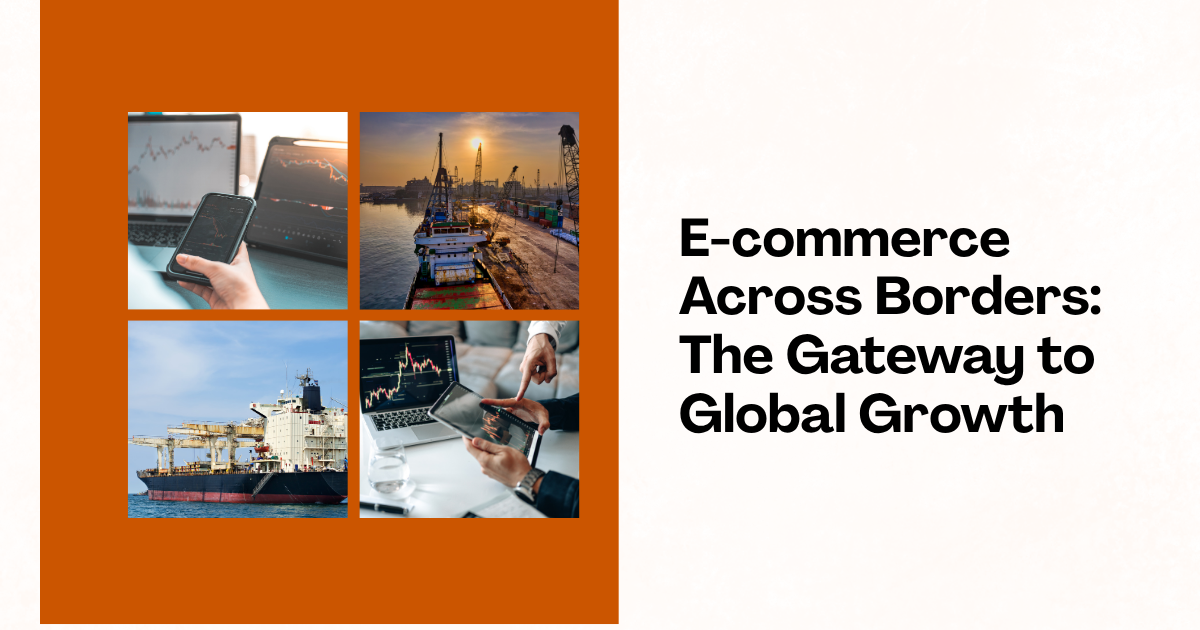
In today’s digital age, international e-commerce has remade the way businesses sell, reach, and expand beyond national borders. With the growth of online marketplaces along with global logistics solutions, it has never been easier for brands of all sizes to reach customers across the world. However, going global isn’t about putting your goods online; it’s learning the systems, challenges, and opportunities in international trade.
What is international e-commerce?
International ecommerce refers to the sale of products or services to customers in another country online. Whether your brand is a clothing brand based in India selling to customers in Europe or a tech accessory store expanding into North America, you are part of this fast-growing digital trade ecosystem.
Businesses market through the Internet on platforms like Amazon, Shopify, and eBay; the facilitation involves better logistics, payments processing, and digital marketing.
Why Businesses Are Going Global
- Access to New Markets:
Instead of relying on one region alone, global e-commerce helps business entities reach millions of new customers from all over the world.
- Increased Revenue Potential:
More markets mean more sales opportunities. The seasonal fluctuations in one country can be offset by peak seasons in another country.
- Brand Recognition:
Selling globally increases the recognition of your brand and builds its credibility in foreign markets.
A Role of International Shipping in E-commerce
No global e-commerce strategy is complete without reliable shipping and logistics. International shipping is the backbone of cross-border trade; this guarantees that products will move efficiently and legally across customs to the customer in time.
A well-planned shipping strategy includes:
- Selection of trusted courier and freight forwarders
- Managing duties and taxes (DDP/DAP)
- Real-time tracking of parcels
- Ensuring transparency in delivery timelines.
Without smooth international shipping, even the best online store can face delays, lost packages, and unhappy customers.
Key Elements of International E-Commerce Success
Localized Websites: Use multiple languages, currencies, and region-specific promotions to enhance the customer experience.
Cross-Border Payment Solutions: Utilize this module to activate worldwide gateways like PayPal, Stripe, or Razorpay International to securely receive payments.
Customs Compliance: Learn about rules, documentation, and the amount of taxes to be paid for shipment in various countries.
Customer Support: Offer multilingual support, and ensure that your return policies are clearly stated to gain the trust of international buyers.

The Future of International E-Commerce
E-commerce Across Borders in the Future As technology evolves rapidly, AI-powered logistics, data-driven marketing, and automatic customs clearance will make international trade speedier and more transparent. Companies that adapt early will have a competitive edge over others in gaining prominence globally.
Conclusion
Global e- commerce is not just an opportunity to develop your business but also a strategic step toward success. With the right combination of marketing, compliance, and reliable international shipping service, with us, your brand can deliver products anywhere in the world with ease and confidence.
